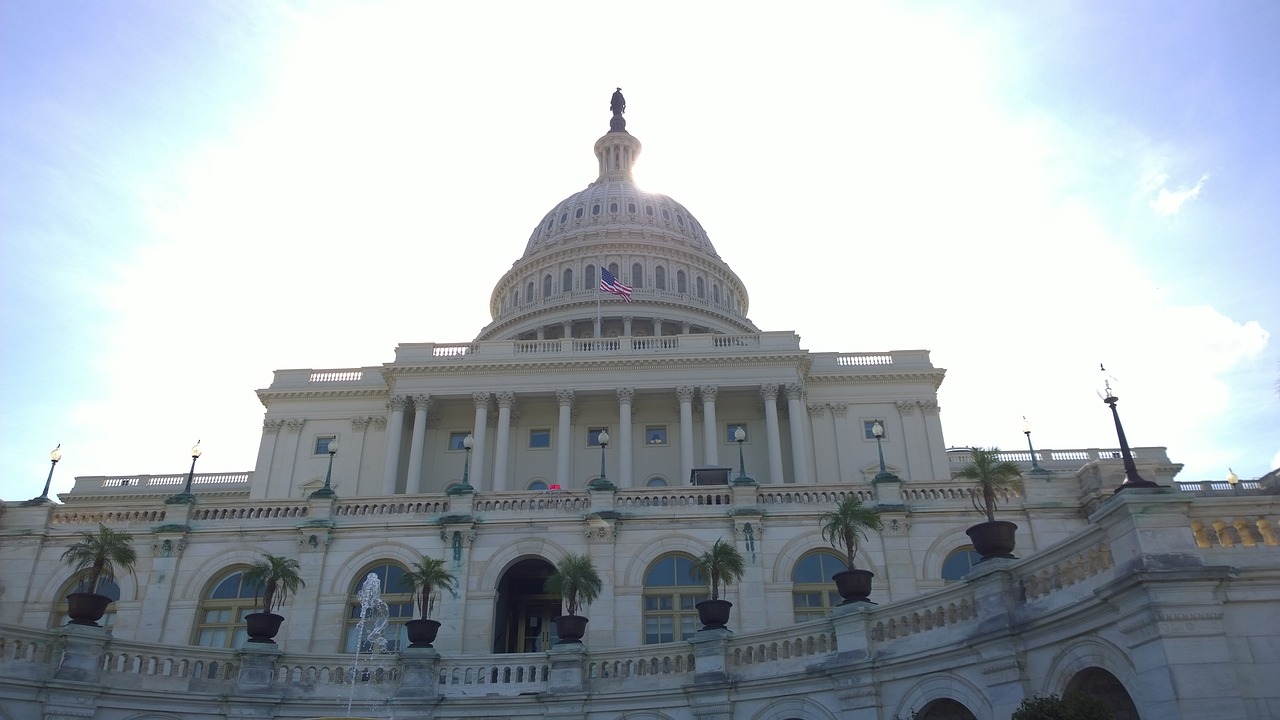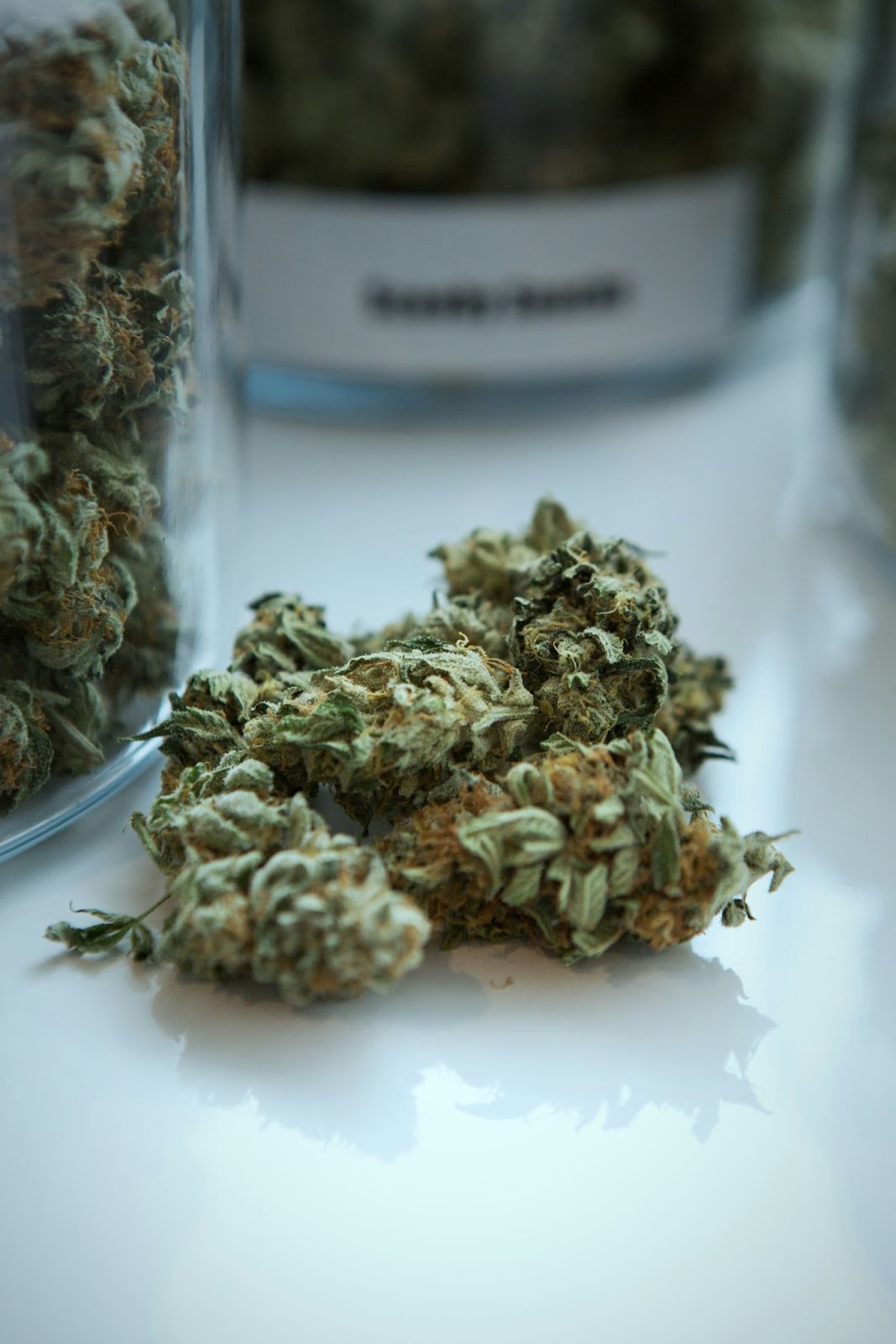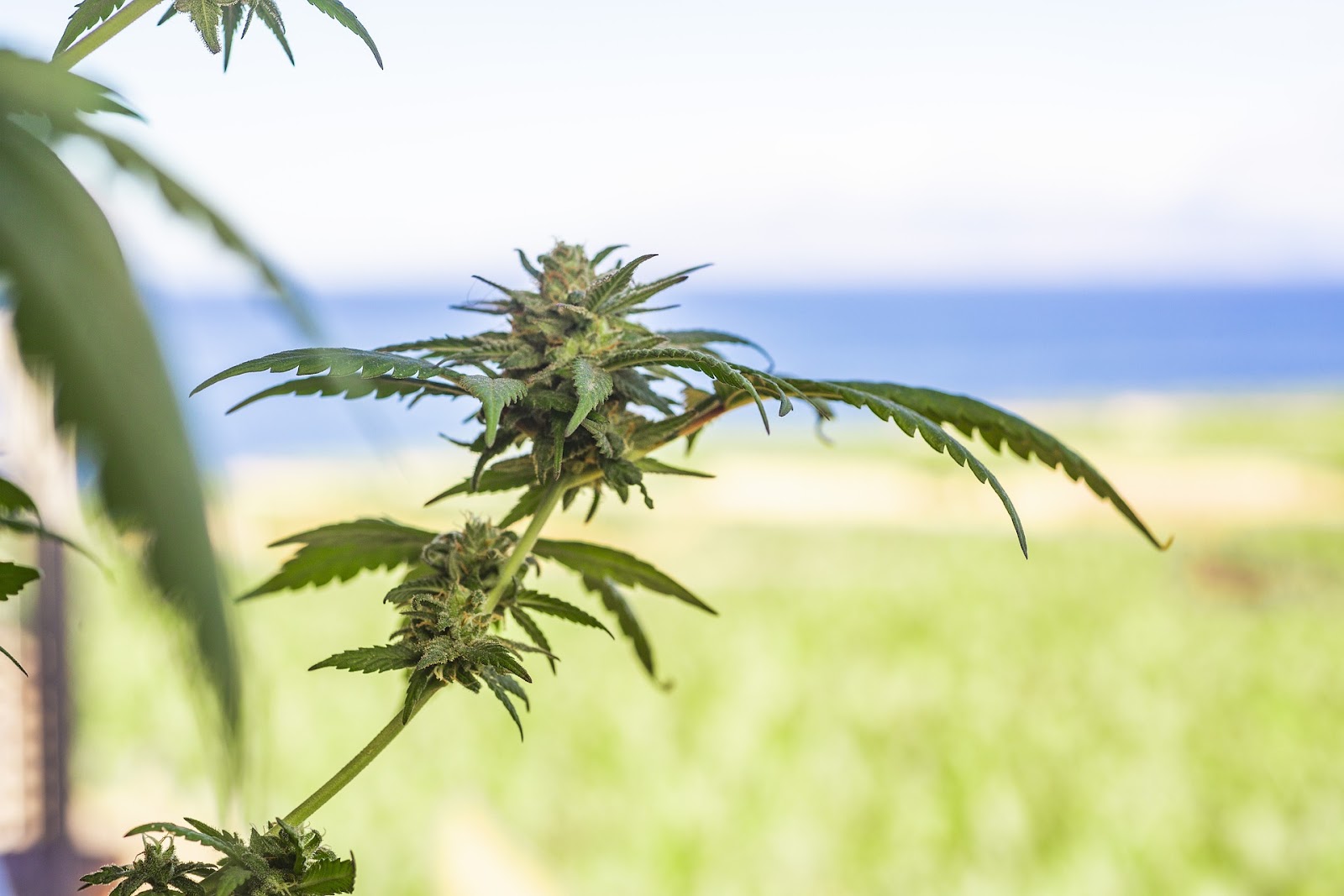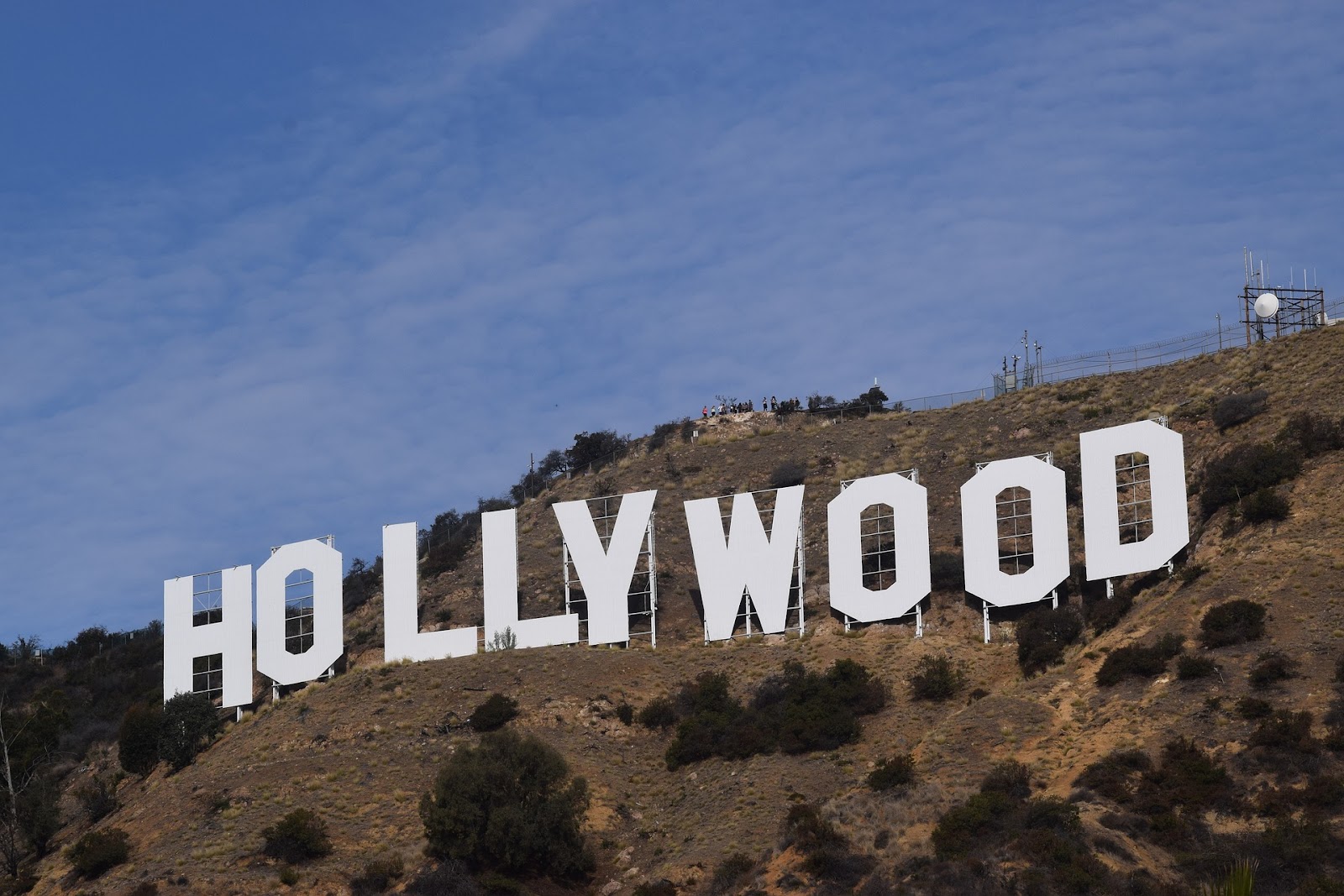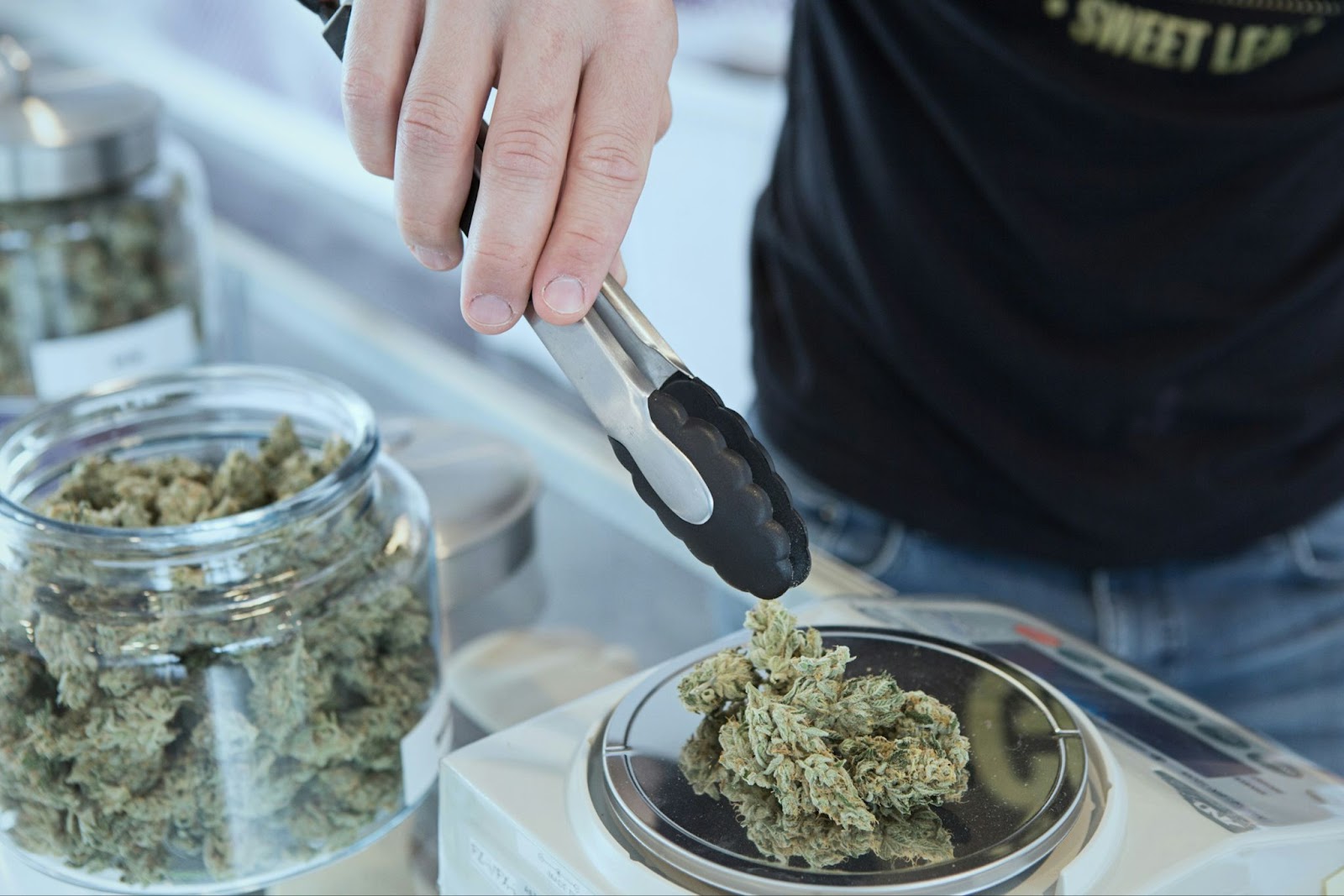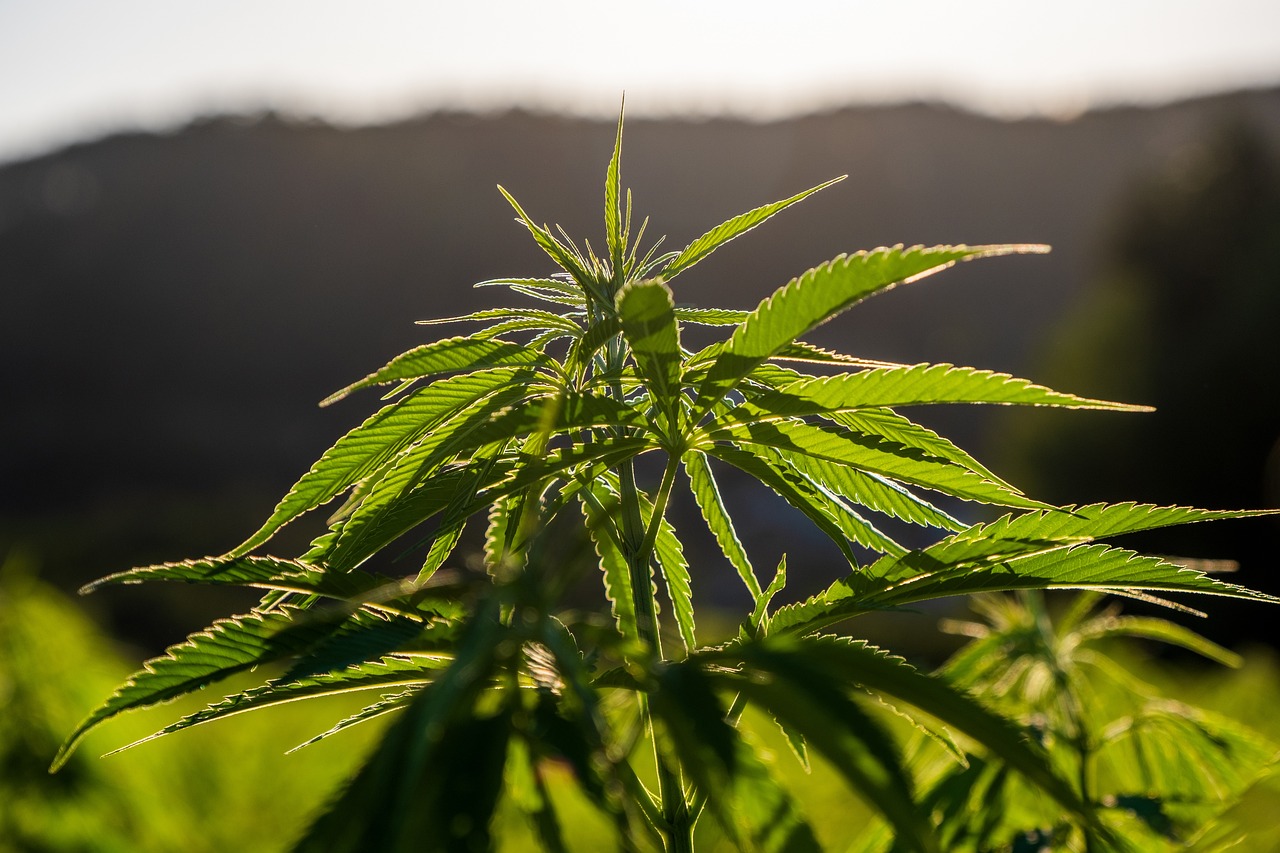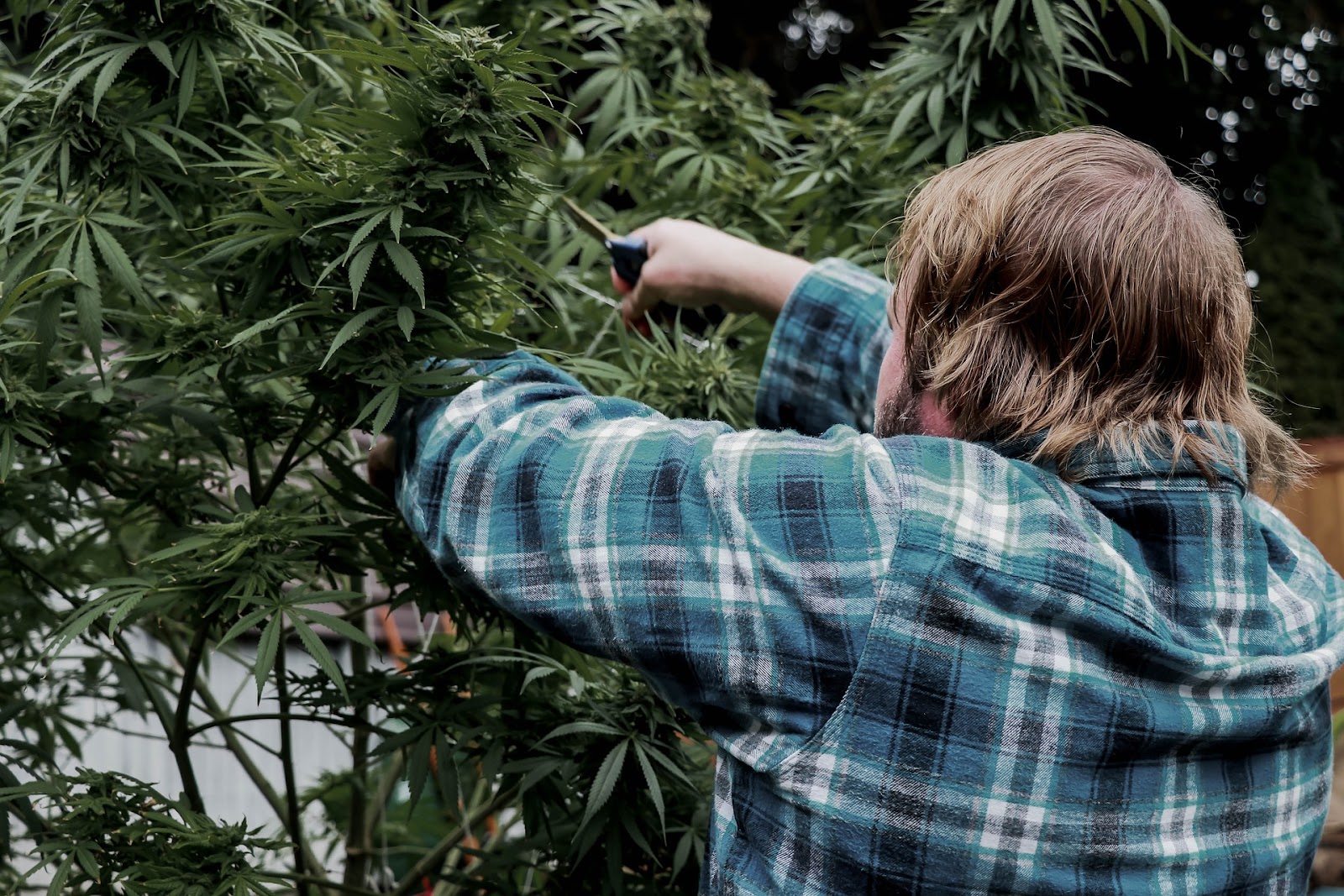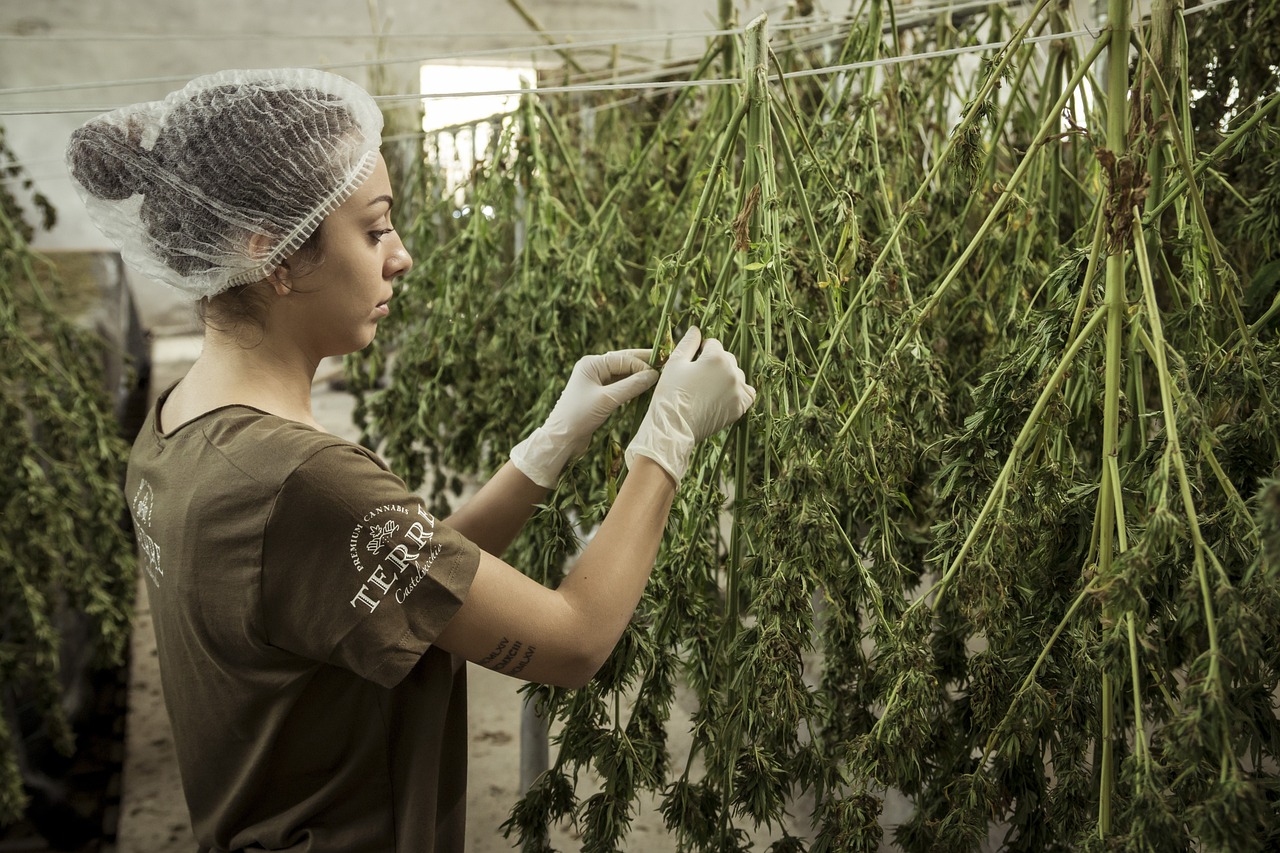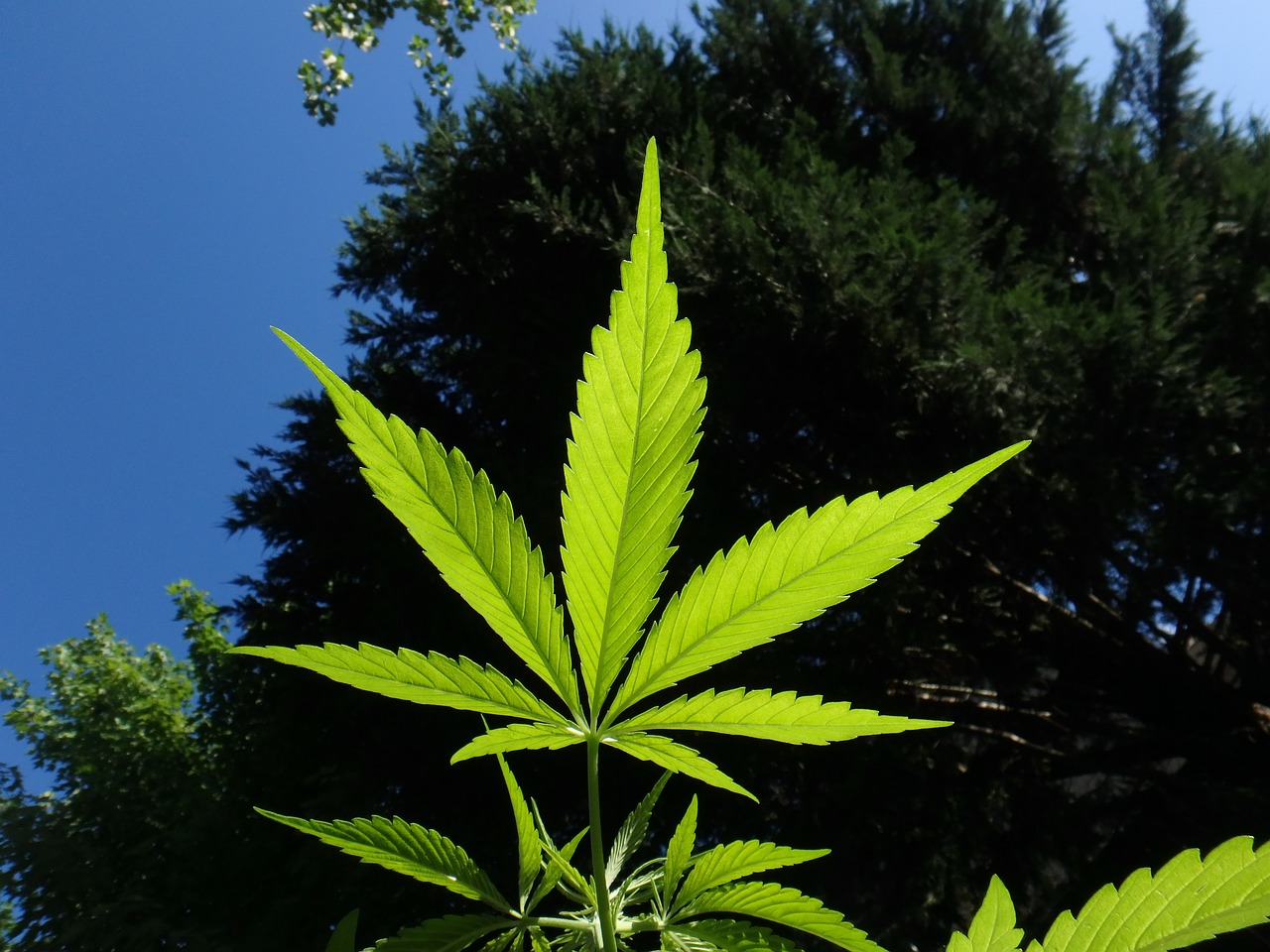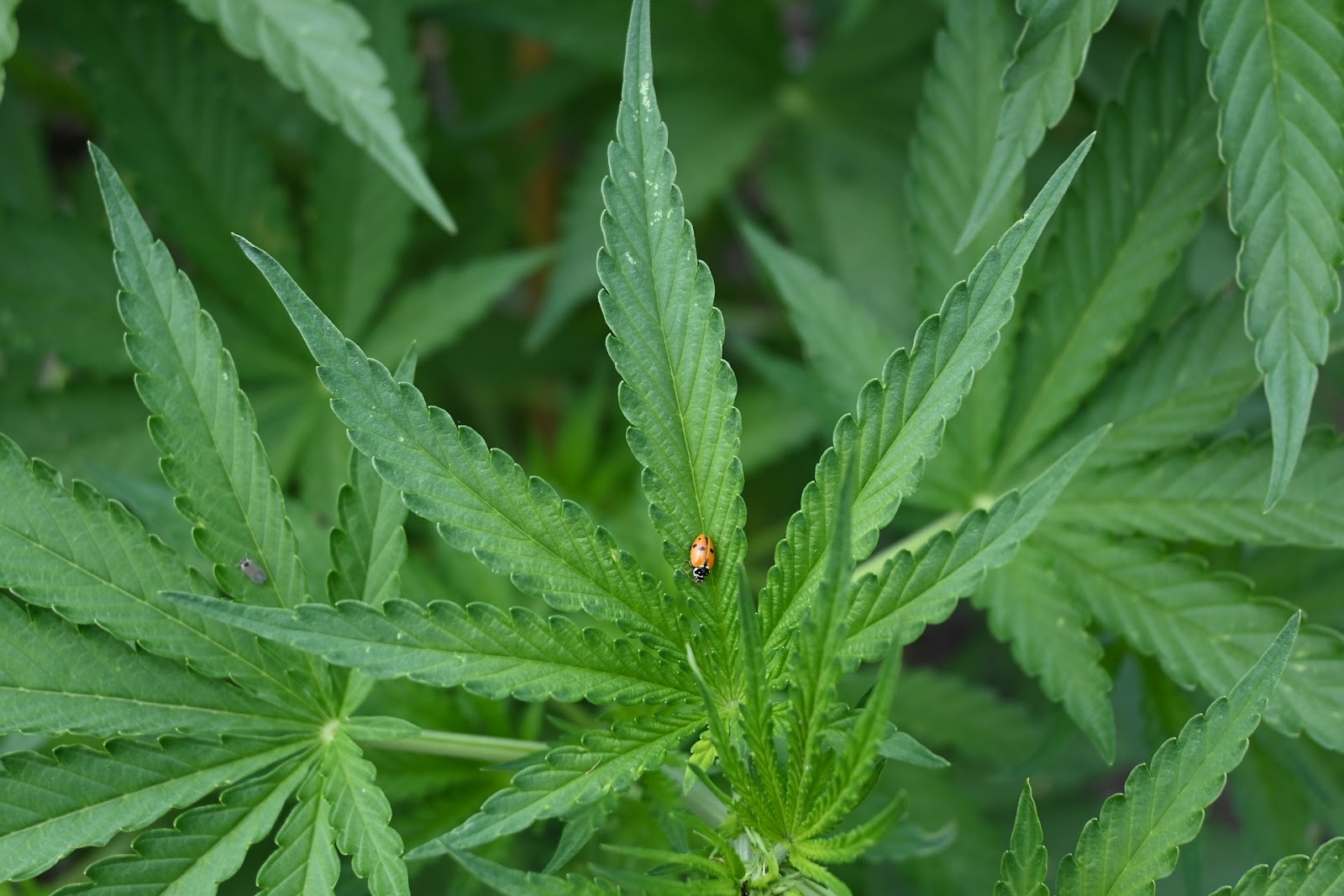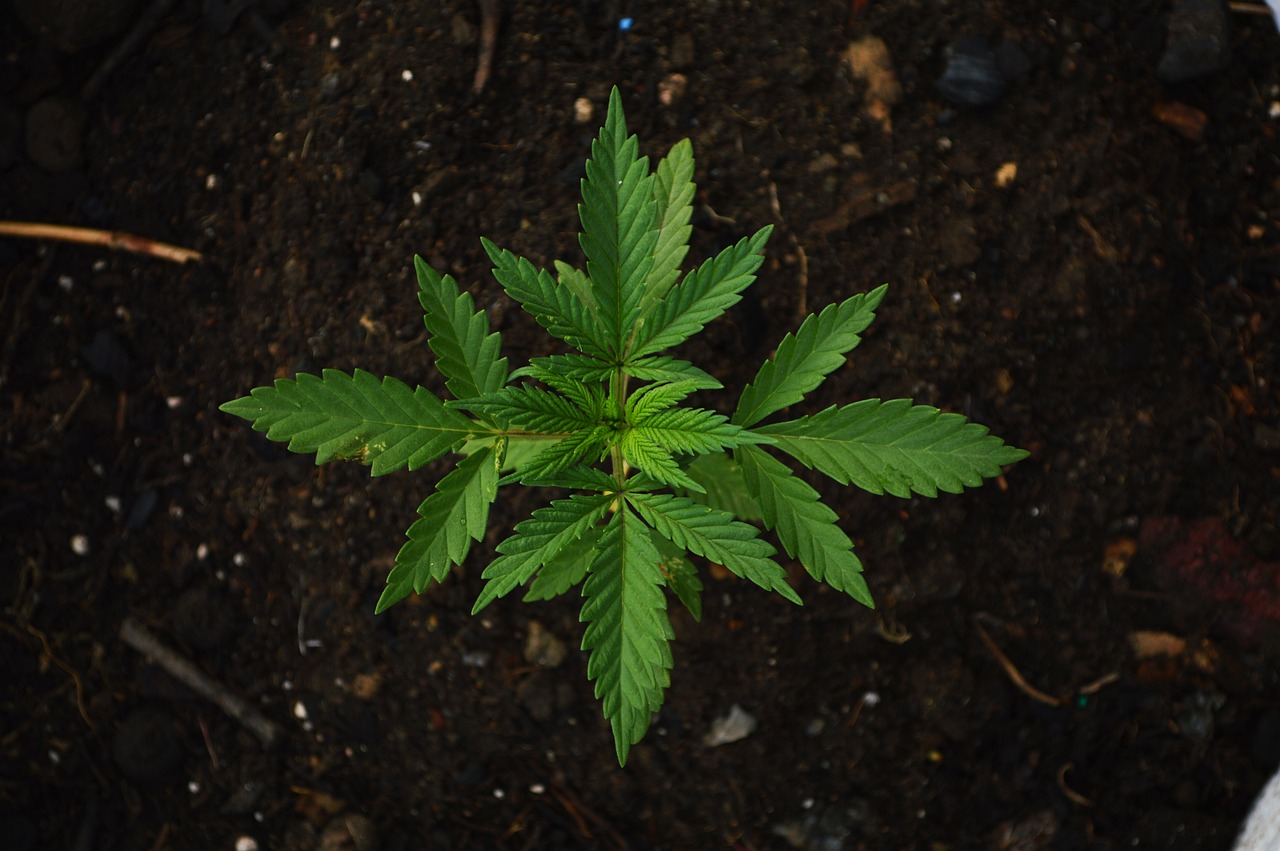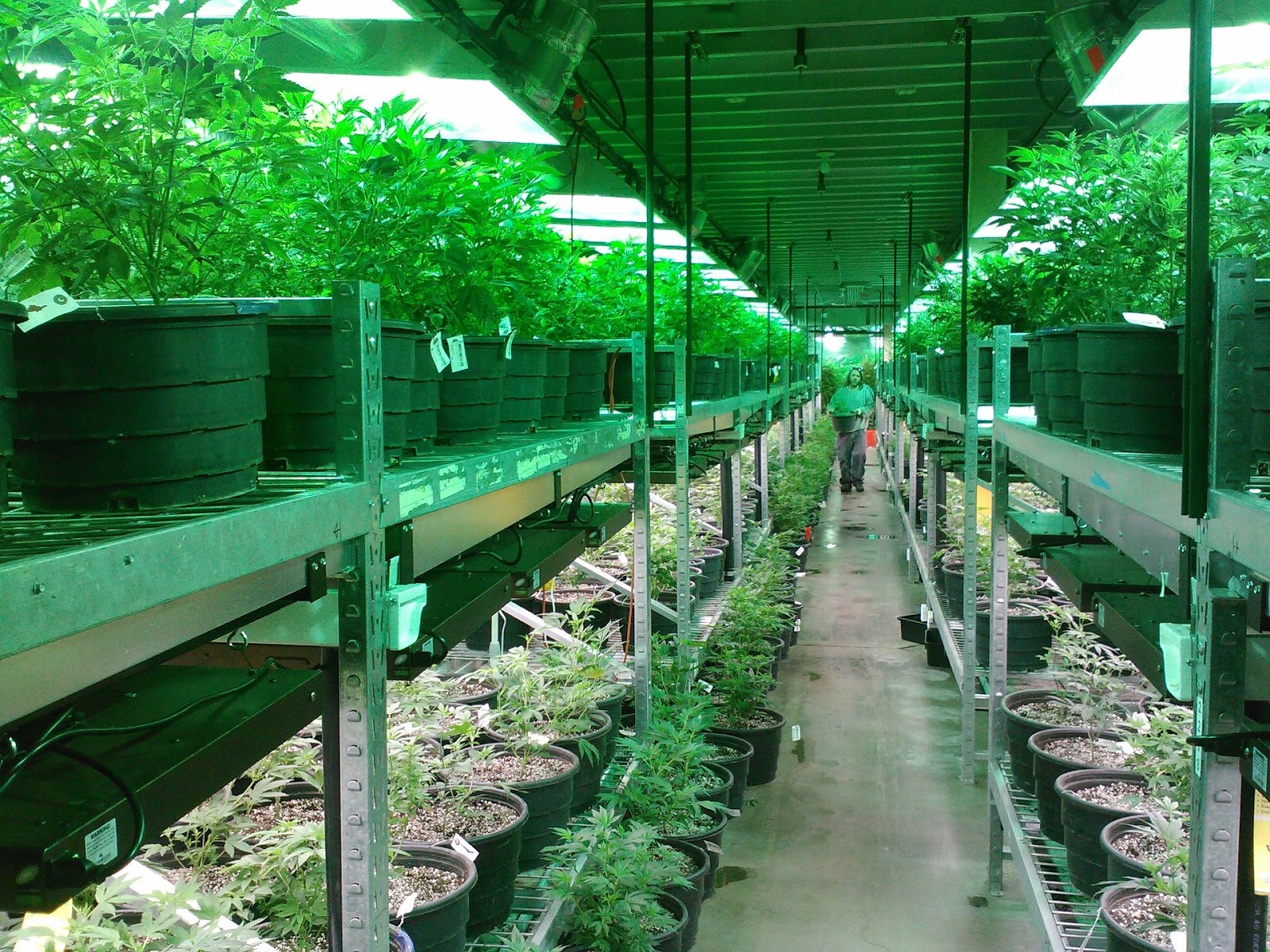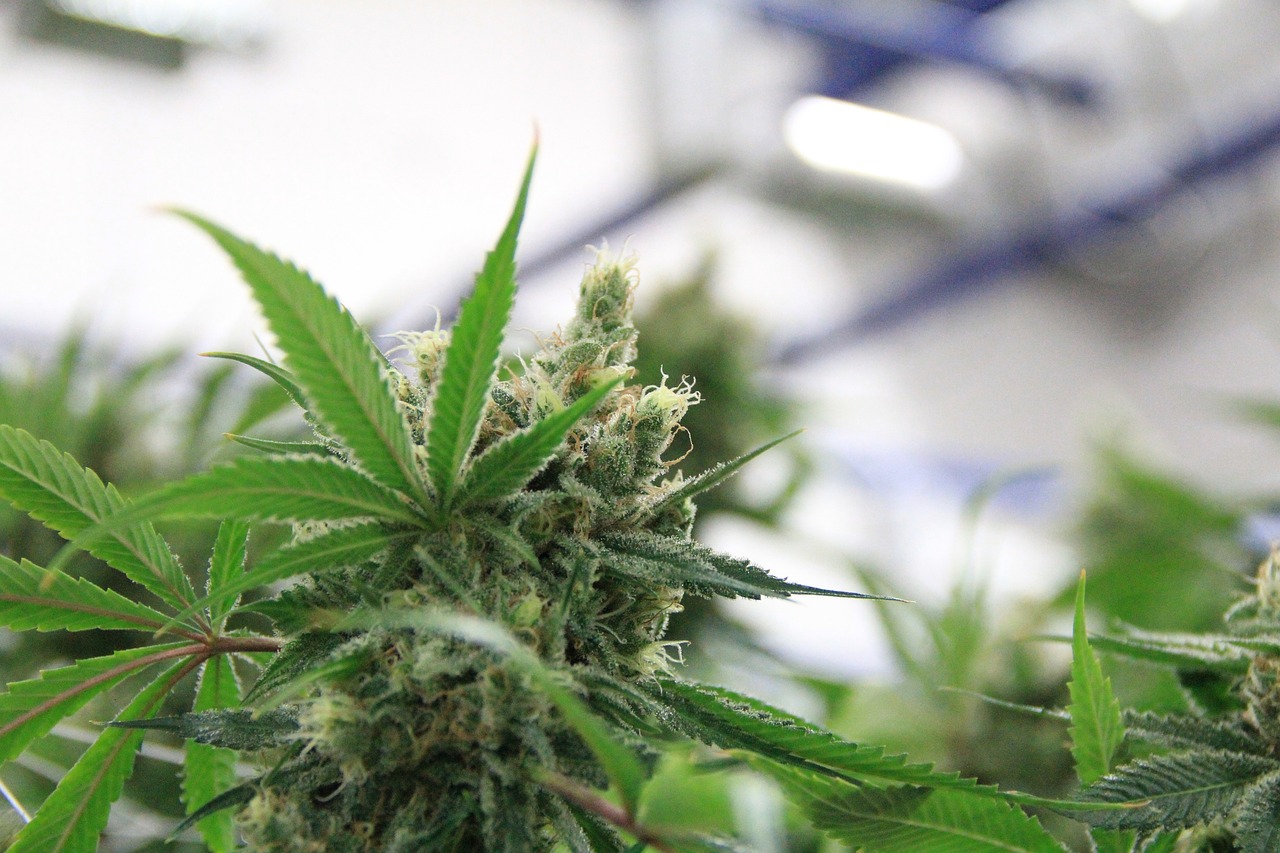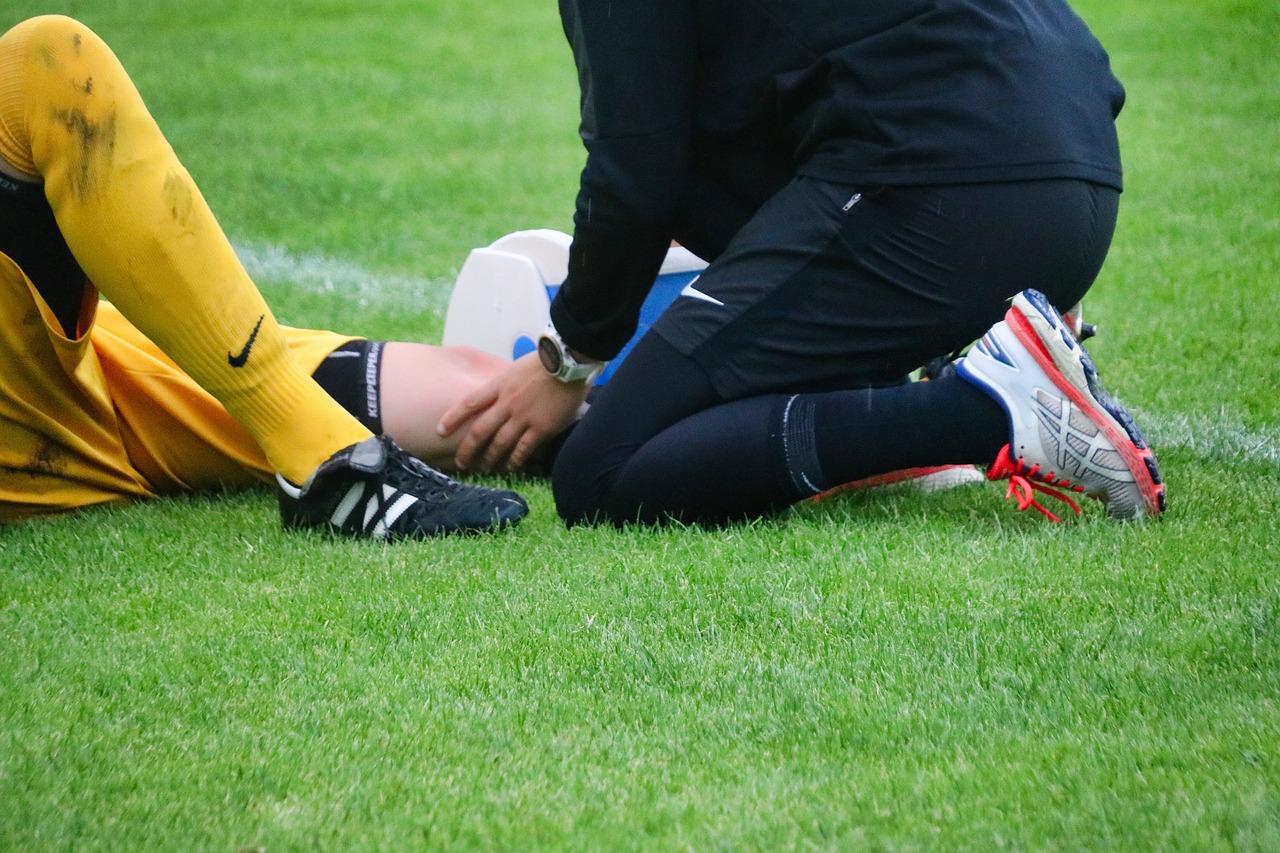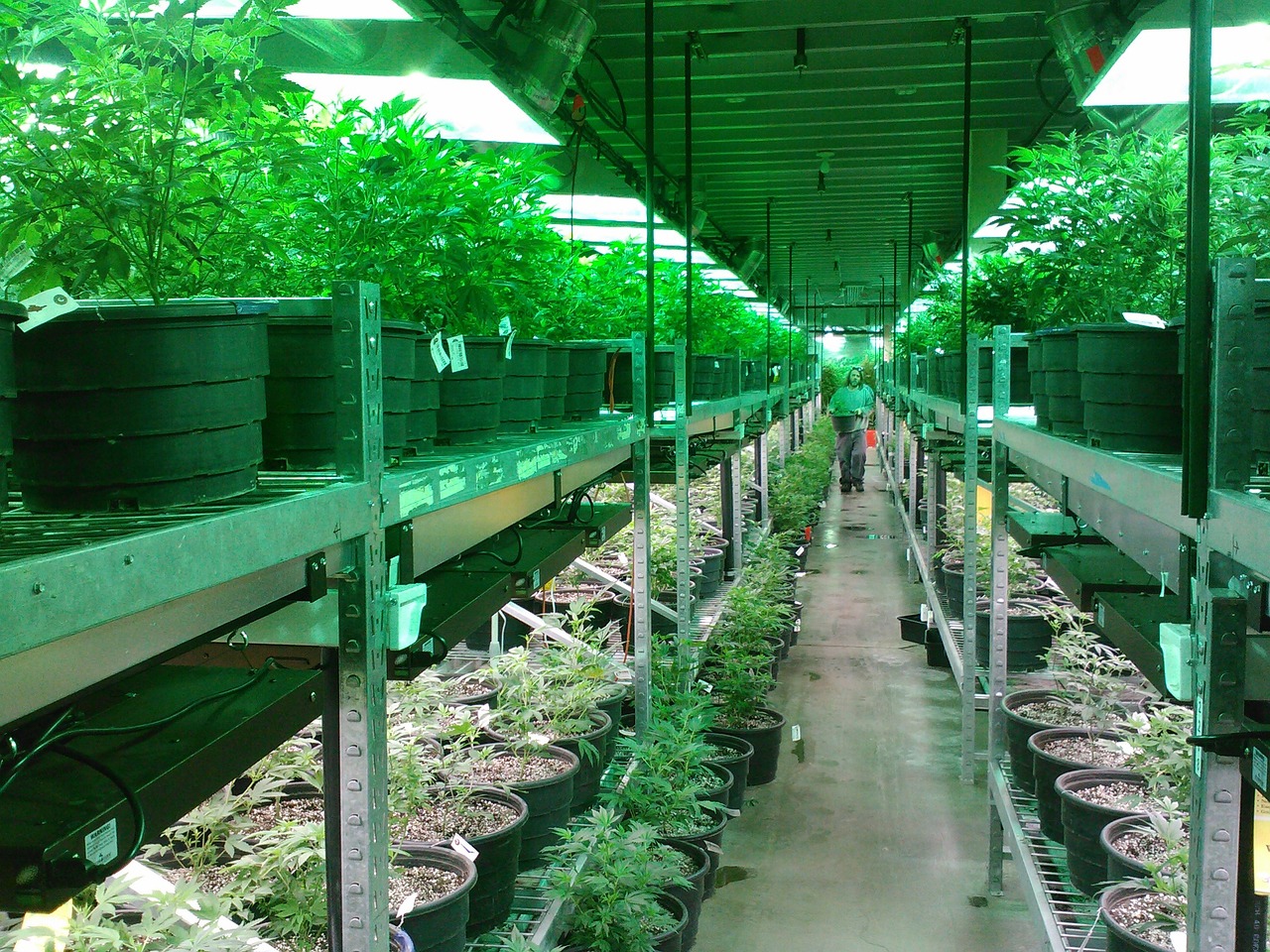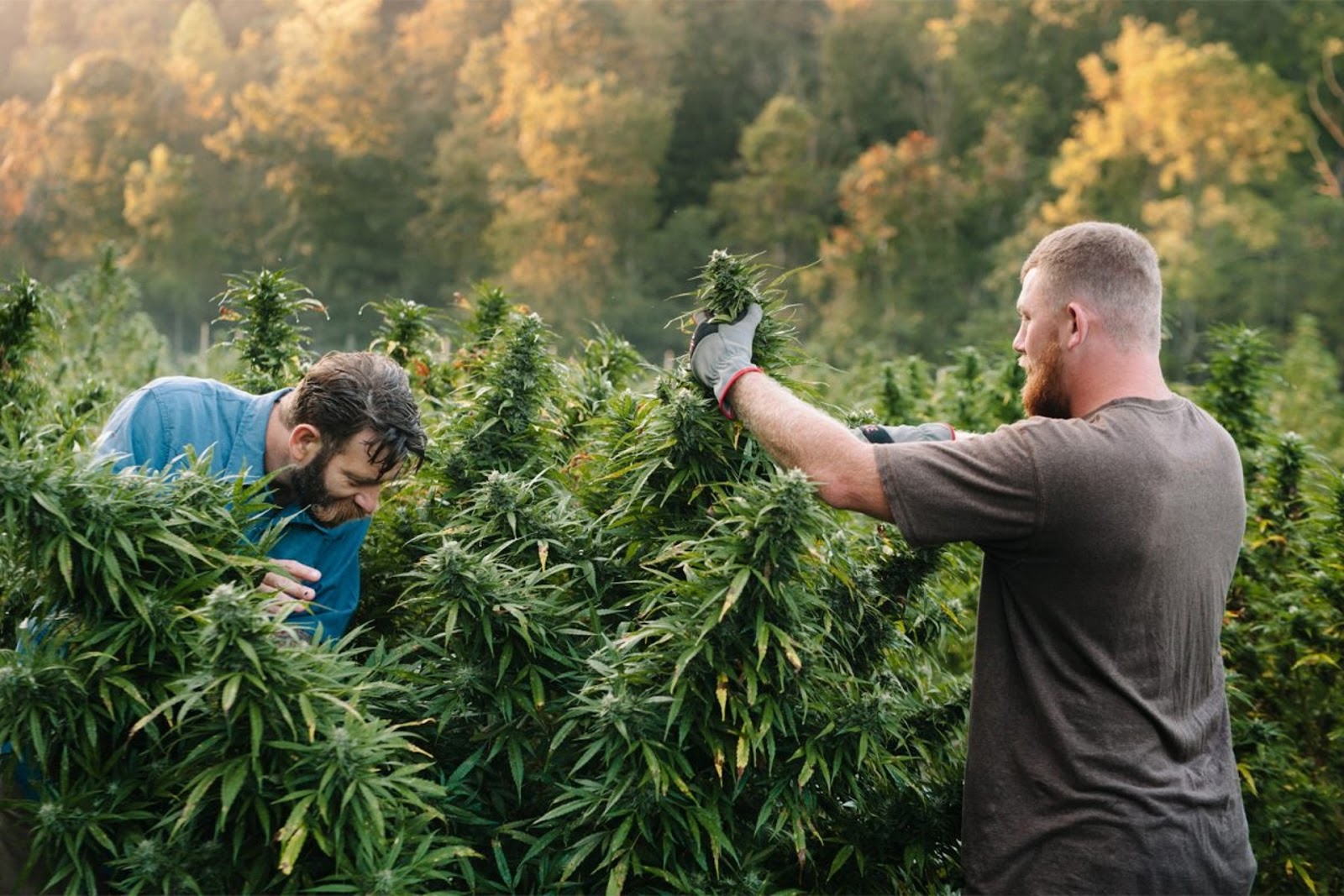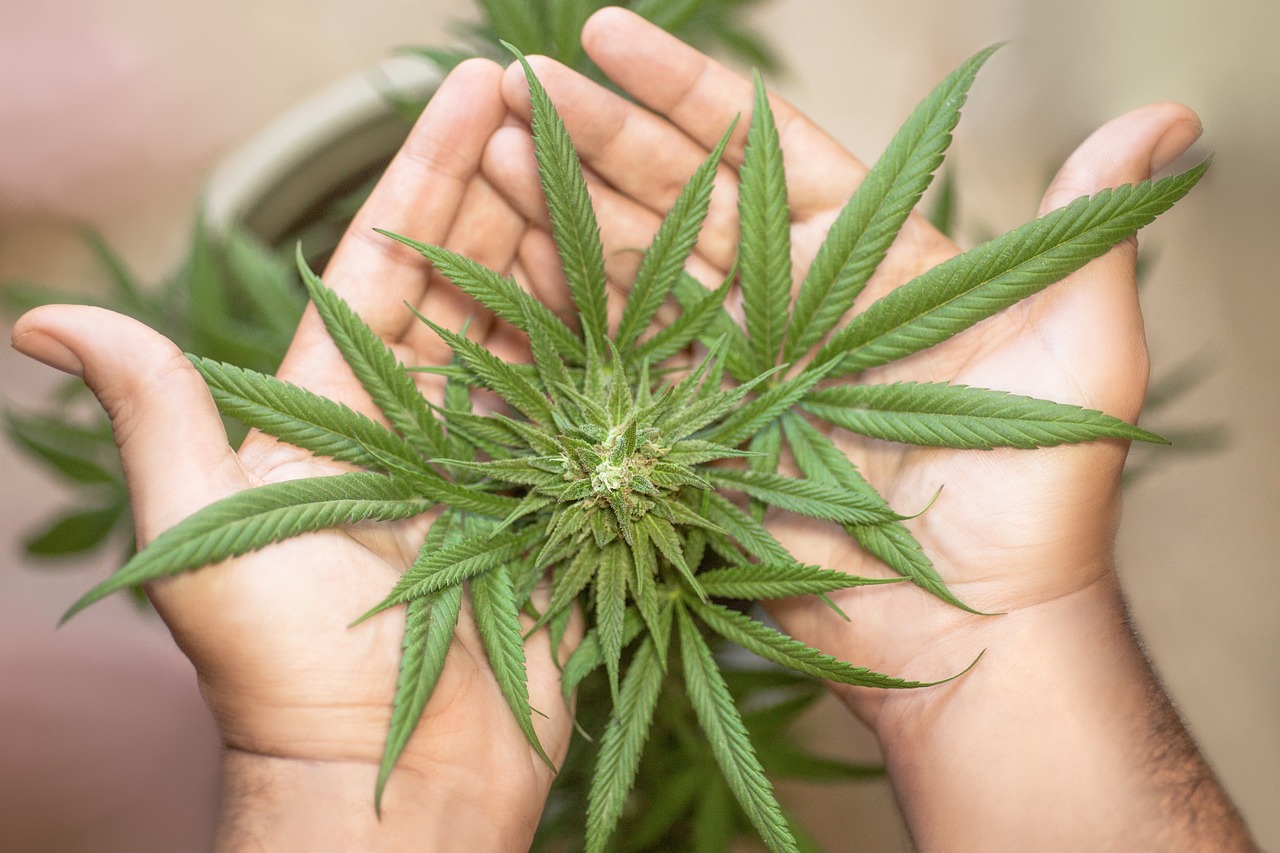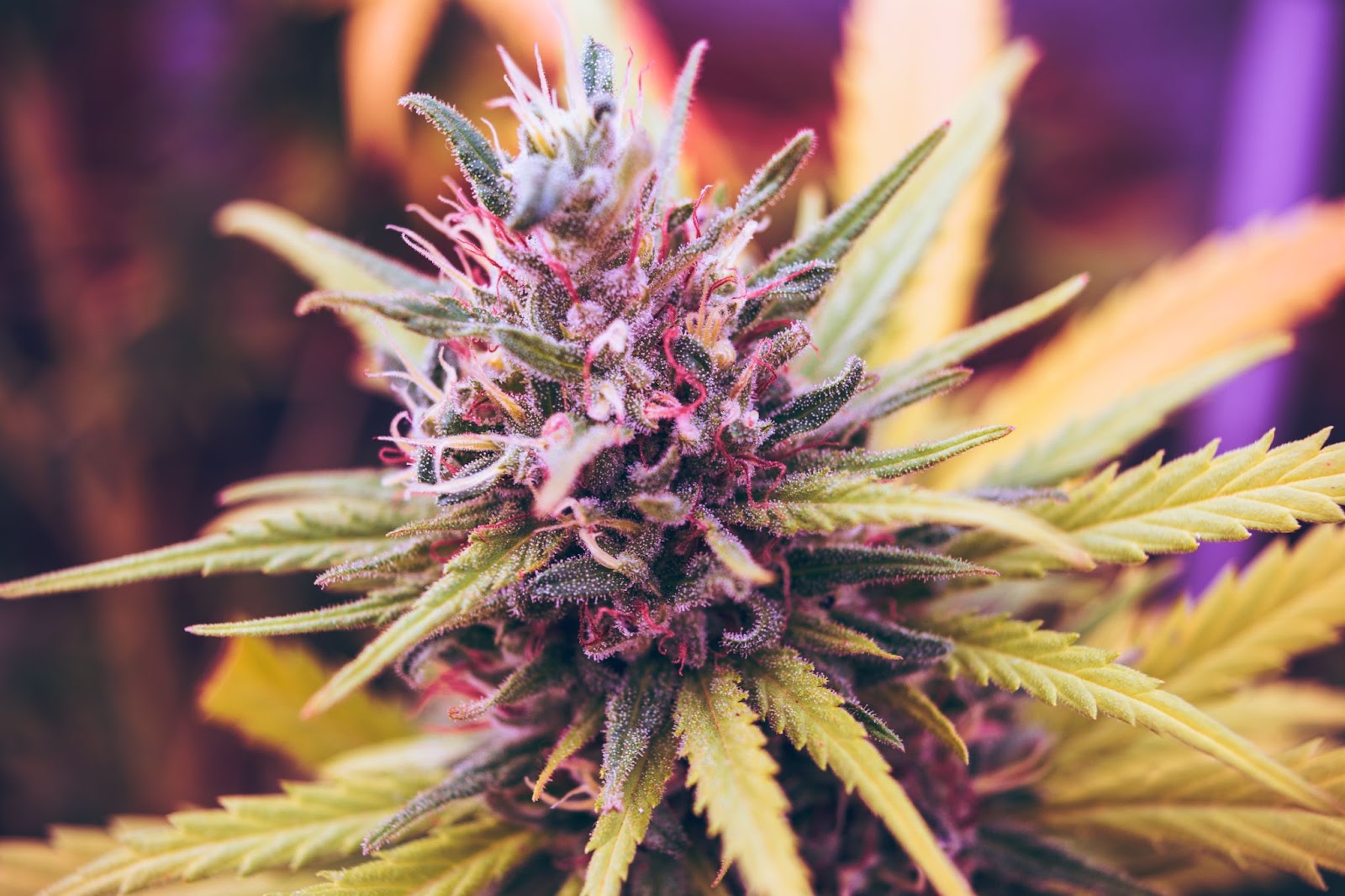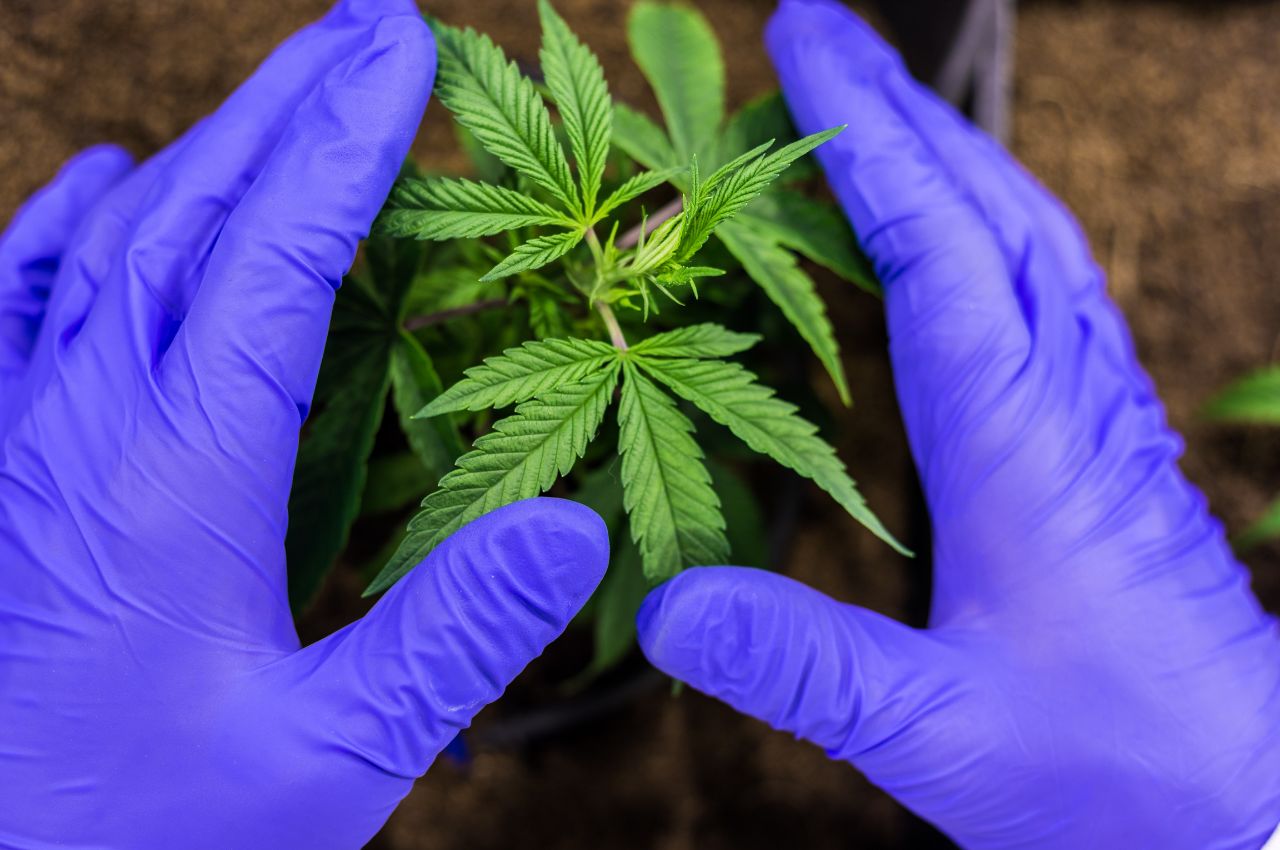Iron Range Resources and Rehabilitation Board has decided to award millions of dollars in publicly-funded loans to HWY35 LLC, which has sparked significant controversy among elected officials and stakeholders. The company’s plan is to transform an old lumber mill on the Iron Range into a $67 million cannabis cultivation and manufacturing facility.
The project secured substantial financial support, including a $10 million loan from the Iron Range Resources and Rehabilitation agency, another $10 million loan from the Minnesota Department of Employment and Economic Development fund, and $2 million in tax increment financing from the City of Grand Rapids. The board, consisting of both Republican and Democratic lawmakers, voted five to three in favor of the proposal, citing the company’s potential to generate 400 new jobs.
Funding for this economic development project in northeastern Minnesota primarily comes from mining taxes. Supporters of the project see it as a significant opportunity to boost the region’s economy. However, critics are uneasy about the size of the investment and the company’s business plan.
One prominent opponent of the funding is Senator Justin Eichorn, who believes that providing financial assistance at this stage is premature. Eichorn, a Republican, has concerns that stem from the fact that the Office of Cannabis Management is not yet fully operational and has not issued any business licenses. He argues that it’s essential to spend taxpayer dollars judiciously and suggests that the timing is not great.

Leili Fatehi, a partner and principal at Blunt Strategies, who played a role in crafting legislation at the Capitol, expressed concerns about the size of the loan provided to a business that has already secured millions in capital for the project. Fatehi argues that this contradicts the intended purpose of the law, which aimed to create a “craft” cannabis industry free from domination by large operators.
She also highlighted a program set up under the Office of Cannabis Management that allows entrepreneurs to apply for up to $150,000 in forgivable loans to kickstart their businesses. The $22 million loan received by HWY35 LLC significantly exceeds this amount, raising concerns about competition in the industry.
Governor Tim Walz acknowledged the legitimacy of questions regarding the investment. He expressed his intention to seek further information from the agency about the reasoning behind their decision to approve the financing. He noted that the allocation of financial support raises the age-old question of whether the government favors certain businesses over others.
Ida Rukavina, the Commissioner of Iron Range Resources and Rehabilitation, praised the HWY35 LLC project for its potential to create jobs and generate new tax revenues to support the region. Rukavina highlighted how the initiative, which blends manufacturing and agriculture, may help diversify the local economy, which is one of the agency’s main objectives.
Representative Roger Skraba from Ely initially expressed concerns about the project’s price tag, stating that funding similar projects at this level would be challenging, but after hearing from consultants who supported the project, Skraba changed his mind. Skraba emphasized that the cannabis industry is expected to grow, and the project would help diversify the local economy, anticipating a substantial business opportunity worth $1–2 billion.
The controversy surrounding HWY35 LLC’s funding centers on the substantial public loans awarded to a cannabis business on the Iron Range. Some people see this decision to be quite fruitful, as it will lead to more jobs created in the area and a boost in the local economy, but others fear that it will monopolize the cannabis industry in northeast Minnesota. The decision has prompted debate and scrutiny from elected officials, stakeholders, and the public.








































